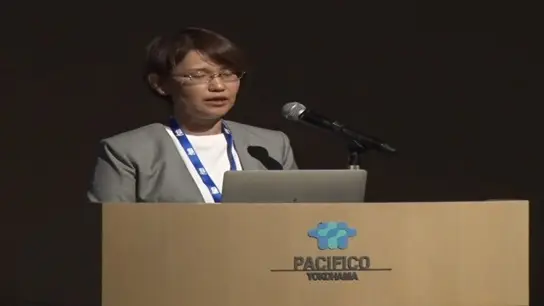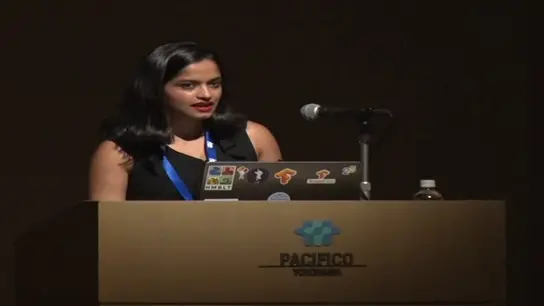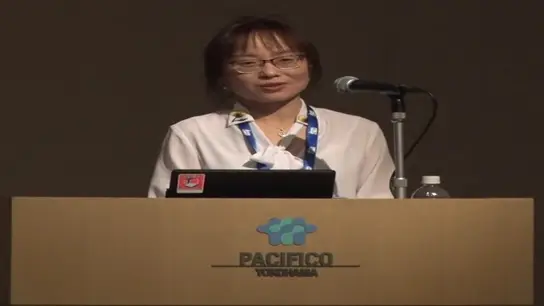Interpretation of Deep Neural Networks in a Post-Pandemic World: Challenges and Opportunities
Saman Halgamuge
-
Members: FreeCIS
IEEE Members: Free
Non-members: FreeLength: 01:00:10
05 Oct 2021
Abstract:
Digital Twin Computing involves not only creating a digital parallel for real world but also facilitating the interaction between other digital twins as well the real world. A digital-physical hybrid society, perhaps reminding the already well known concept of hardware in the loop could digitally replicate and mutate copies of digital entities that are copied of real entities. By doing so it can lead to the design of mutated digital twins that do not exist in the real world.
Interestingly this can be used from studying viruses in medicine to modelling electricity infrastructure in engineering.
This speech refers to three main developments in Deep Learning, which is a major direction of the 21st century AI emphasizing their relevance to broader set of applications and in particular to digital twin computing.
Biography:
Prof Saman Halgamuge received the B.Sc. Engineering degree in Electronics and Telecommunication from the University of Moratuwa, Sri Lanka, and the Dipl.-Ing and Ph.D. degrees in data engineering from the Technical University of Darmstadt, Germany. He is currently a Professor of the Department of Mechanical Engineering of the School of Electrical Mechanical and Infrastructure Engineering, The University of Melbourne, Australia. He is also an honorary professor of Australian National University. He is a Fellow of IEEE, a distinguished Lecturer of IEEE Computational Intelligence Society and listed as a top 2% most cited researcher for AI and Image Processing in the Stanford database. His research interests are in AI, machine learning including deep learning, optimization, big data analytics and their applications in biomedicine and engineering.
Digital Twin Computing involves not only creating a digital parallel for real world but also facilitating the interaction between other digital twins as well the real world. A digital-physical hybrid society, perhaps reminding the already well known concept of hardware in the loop could digitally replicate and mutate copies of digital entities that are copied of real entities. By doing so it can lead to the design of mutated digital twins that do not exist in the real world.
Interestingly this can be used from studying viruses in medicine to modelling electricity infrastructure in engineering.
This speech refers to three main developments in Deep Learning, which is a major direction of the 21st century AI emphasizing their relevance to broader set of applications and in particular to digital twin computing.
Biography:
Prof Saman Halgamuge received the B.Sc. Engineering degree in Electronics and Telecommunication from the University of Moratuwa, Sri Lanka, and the Dipl.-Ing and Ph.D. degrees in data engineering from the Technical University of Darmstadt, Germany. He is currently a Professor of the Department of Mechanical Engineering of the School of Electrical Mechanical and Infrastructure Engineering, The University of Melbourne, Australia. He is also an honorary professor of Australian National University. He is a Fellow of IEEE, a distinguished Lecturer of IEEE Computational Intelligence Society and listed as a top 2% most cited researcher for AI and Image Processing in the Stanford database. His research interests are in AI, machine learning including deep learning, optimization, big data analytics and their applications in biomedicine and engineering.


